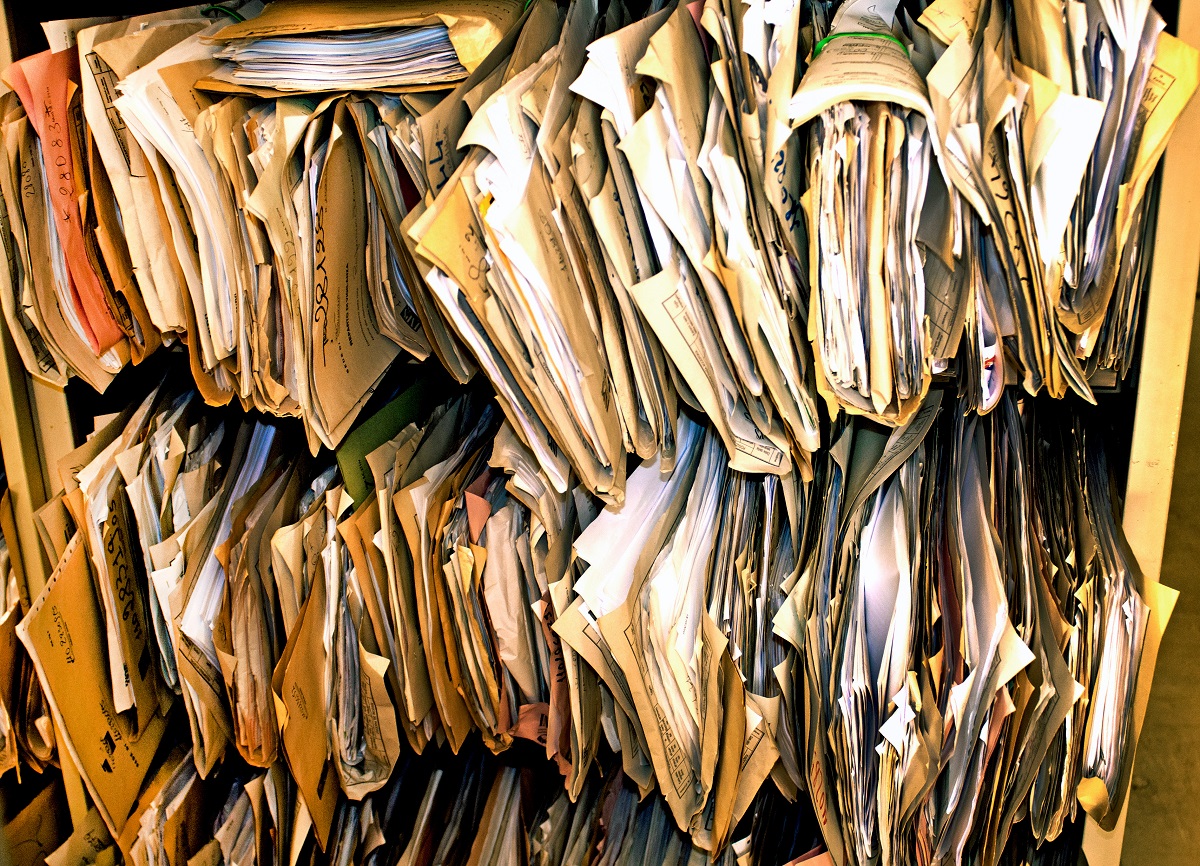Documents Drying and Restoration in Washington DC
Water damage can occur without warning, leaving important documents like personal files, business records, and family keepsakes at risk of destruction. In Washington, DC, professionals specialize in documents drying and restoration, providing essential services to recover these critical materials. When water comes into contact with paper documents, it causes swelling, discoloration, and a weakening of the paper’s structure.
Key Steps in the Documents Drying and Restoration Process
1. Vacuum Freeze-Drying
This advanced method freezes the documents and removes moisture without damaging their structure. It’s particularly effective for delicate materials such as old books, historical records, and irreplaceable documents.
2. Air-Drying
For less delicate documents, air-drying is used to safely extract moisture while preventing further damage.
3. Mold Prevention
Using these techniques, Washington, DC, documents drying and restoration services ensure that water-damaged documents are saved and returned in their best possible condition, preventing the permanent loss of crucial records.
Customized Documents Drying and Restoration in Washington, DC
Not all documents are the same, and different materials require unique restoration approaches. In Washington, DC, documents drying and restoration services are tailored to the specific type of document being treated. Whether it’s a legal contract, financial record, family photograph, or historical artifact, each item is handled with the utmost care to ensure optimal restoration results.
Types of Documents and Their Specialized Restoration Needs:
- Legal and Financial Records: These documents require delicate handling to prevent smudging of ink and maintain legibility. Restoration professionals ensure the document’s details and integrity are preserved.
- Photographs and Artwork: Photos and artwork are particularly vulnerable to fading or discoloration. Gentle restoration techniques are used to maintain image quality and prevent further deterioration.
- Books and Historical Documents: These fragile materials often require intensive drying and restoration efforts to prevent pages from sticking together and to preserve their shape and structure.
With a customized approach, restoration specialists in Washington, DC, ensure that each document type is treated with care and precision, offering the best possible recovery outcomes.
Why Immediate Action Is Crucial for Documents Drying and Restoration in Washington, DC
When water damage affects important documents, acting quickly is essential to minimize irreversible damage. The longer documents remain wet, the greater the risk of issues such as warping, ink smearing, and mold growth. In Washington, DC, prompt action for documents drying and restoration can make all the difference in preserving vital materials.
The Importance of Timely Action:
- Quick Moisture Removal: The faster water is removed, the lower the chance of documents sticking together, warping, or becoming permanently damaged.
- Preventing Mold Growth: Mold can begin to grow within 48 hours of water exposure. Rapid drying and mold prevention measures stop this process in its tracks.
- Preserving Document Integrity: Starting the restoration process early increases the likelihood of retaining the document’s original appearance and functionality.
Professional documents drying and restoration services in Washington, DC prioritize speed and efficiency, ensuring that water-damaged records are treated promptly. Acting quickly maximizes the chances of successful recovery and minimizes the long-term effects of water damage.
Protect Your Valuable Documents in Washington, DC
Water damage doesn’t have to mean the permanent loss of your important files. With expert documents drying and restoration services in Washington, DC, you can recover and restore items that matter most, whether they’re personal, professional, or historical.
Contact us today for fast and reliable documents drying and restoration, and let us help you save your vital records before it’s too late.



